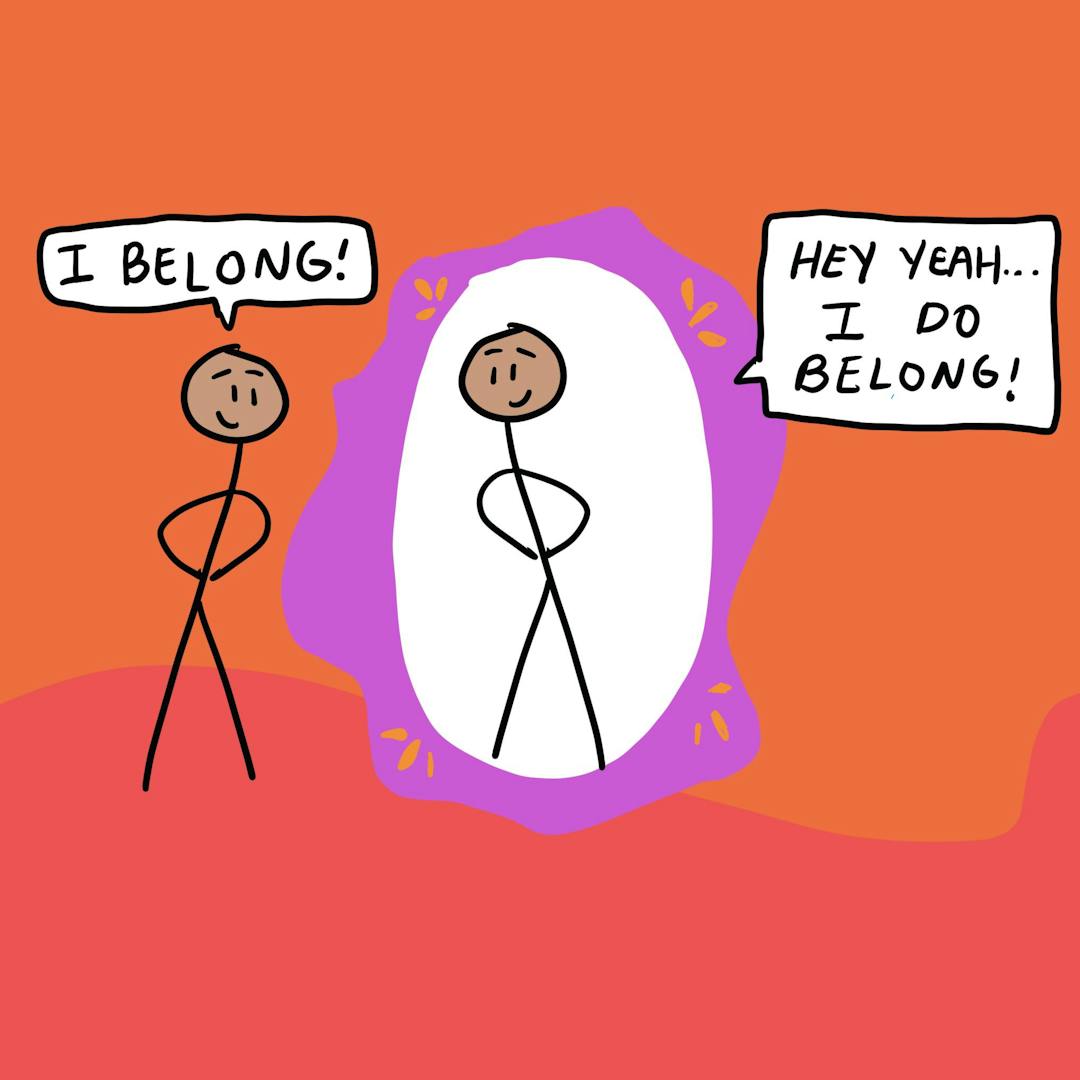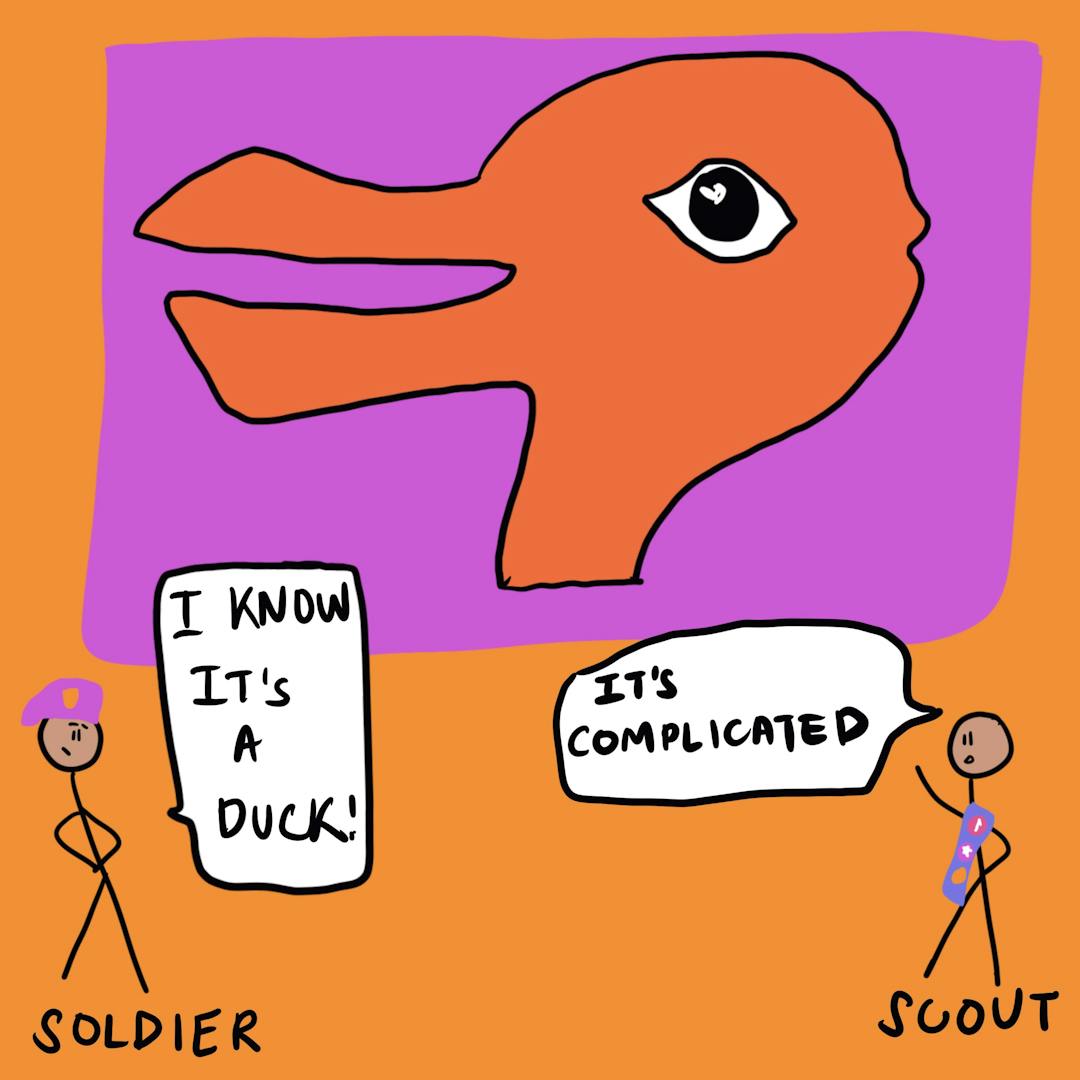Creating people-centered behavioral public policy with Elizabeth Linos
In most areas of social policy or at least in public policy areas where we see behavioral science playing a role, we're still learning what works in different contexts. And so, the critical decision that a policymaker has to make is, “Am I willing to take on the risk and the potential reward of looking at the data of testing rigorously and sharing those findings with the world, no matter the outcome?
Intro
In this episode, Brooke speaks with Elizabeth Linos, Michelle Schwartz Assistant Professor of Public Policy at the Goldman School at UC Berkeley. Drawing from her many years’ experience at the intersection of behavioral science and public policy, Elizabeth shares her insights around how the field has developed and what the future holds for behavioral researchers and policy makers interested in changing human behavior for social purposes. Some of the things discussed include:
- How low-cost or light-touch nudges sparked an interest in behavioral science amongst policy makers in the early days, and why we need to think further down the funnel to achieve the exact outcomes we desire.
- Instances where behavioral science can make a real impact, as well as times we need to be ‘real’ about how much it can really affect policy outcomes.
- Why the real challenge for behavioral scientists and practitioners is in persuading policy makers to adopt a holistic, experimentation approach to behavioral challenges, as opposed to ‘quick-win’ solutions.
- The case for a people-centered approach to behavioral policy design and why it’s important that researchers pay special attention to the experiences of frontline workers and not just the raw data.
- Immediate steps that policy makers and behavioral scientists can take in pursuing meaningful projects that address public policy challenges.





